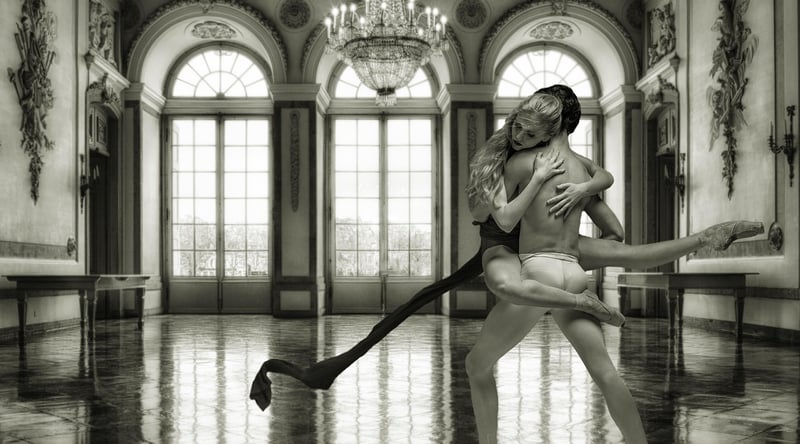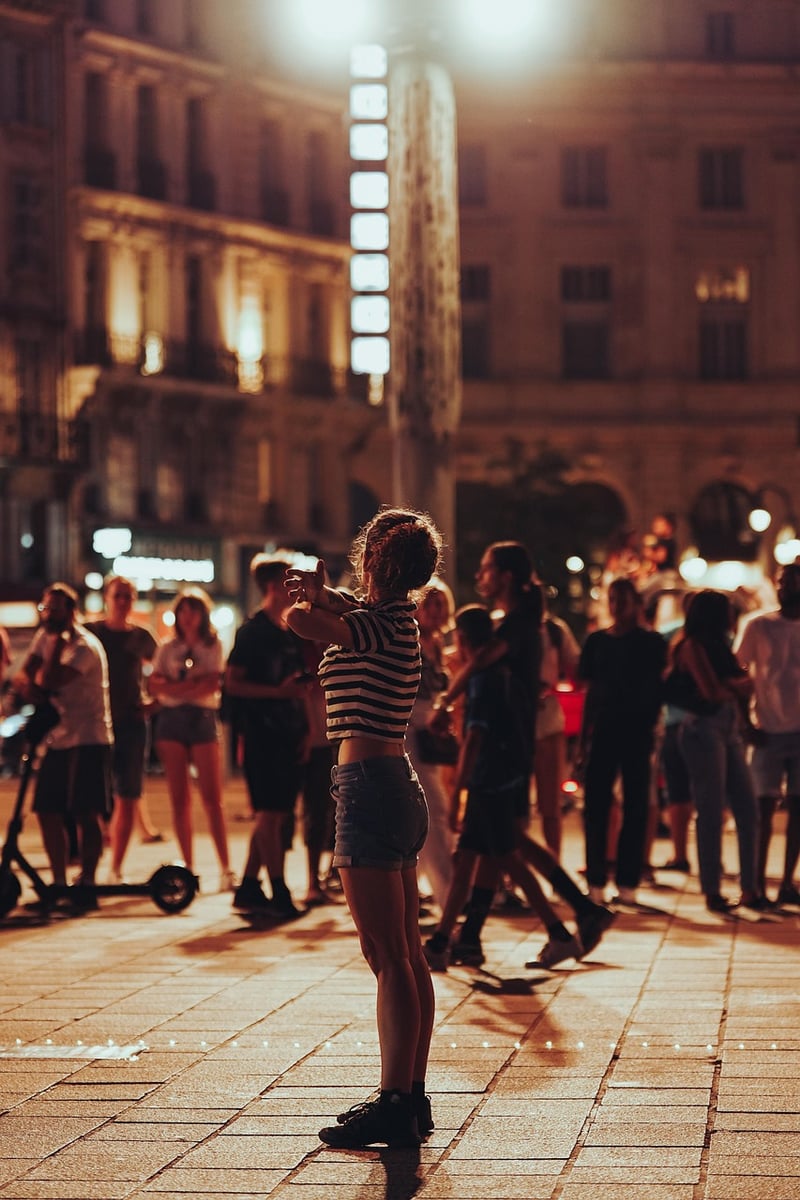Hip Hop
The Power of Expressive Movement in Hip Hop

Hip hop is not just a genre of music; it's a culture that encompasses various art forms, including dance. One of the key elements that make hip hop dance unique and captivating is expressive movement. In this article, we'll explore the significance of expressive movement in hip hop and how it adds depth and emotion to the art form.
What is Expressive Movement?
Expressive movement in hip hop dance refers to the intentional use of body language, gestures, and facial expressions to convey emotions, stories, and experiences. It goes beyond just executing the steps or moves; it involves infusing each movement with personal style, attitude, and creativity.
The Role of Expressive Movement in Hip Hop
Expressive movement is a fundamental aspect of hip hop dance that sets it apart from other dance styles. It allows dancers to express their feelings, struggles, triumphs, and identities through movement. Whether it's through fluid waves, sharp isolations, or powerful gestures, expressive movement adds a layer of authenticity and rawness to hip hop performances.
Connecting with the Audience
When dancers incorporate expressive movement into their routines, they create a connection with the audience on a deeper level. The emotions and stories conveyed through movement resonate with viewers and evoke powerful responses. It's this emotional connection that makes hip hop performances so impactful and memorable.
Embracing Individuality
Expressive movement in hip hop encourages dancers to embrace their individuality and express themselves authentically. There are no set rules or limitations; instead, dancers are encouraged to explore their unique style, creativity, and personality through movement. This freedom of expression is what makes hip hop dance so diverse and inclusive.
Final Thoughts
Expressive movement is at the heart of hip hop dance, allowing dancers to tell their stories, share their emotions, and connect with audiences in a profound way. It's a powerful tool that adds depth, meaning, and authenticity to performances, making hip hop not just a dance style but a form of artistic expression.

Next time you watch a hip hop dance performance, pay attention to the expressive movement and the stories being told through dance. It's a window into the soul of the dancers and a celebration of the rich and vibrant culture of hip hop.
